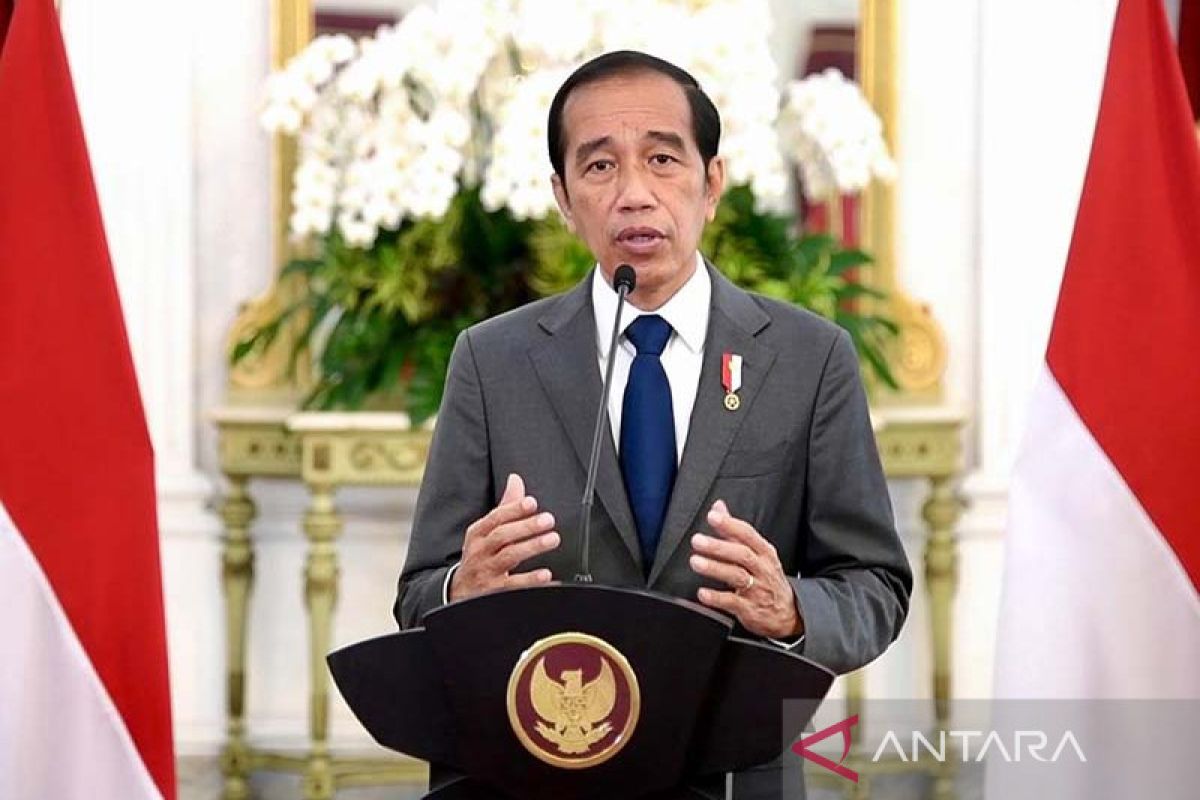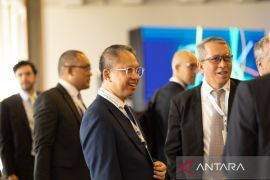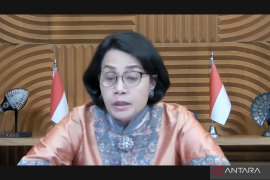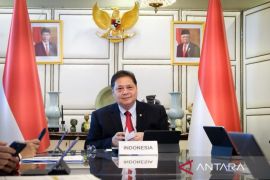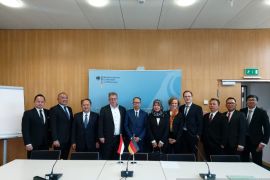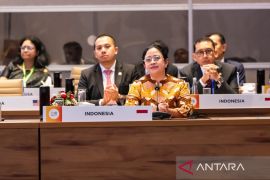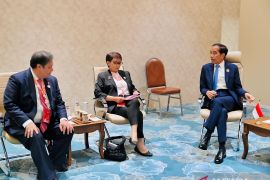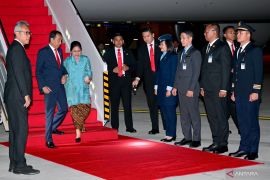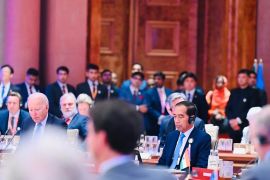"The G20 Summit can be used to encourage a fair and inclusive global trade system, including through the reduction of non-tariff barriers that have been a market barrier for farmers and MSMEs (micro, small, and medium enterprises), as well as encouraging the improvement of a more productive and sustainable agricultural food system through strengthening farmers and MSMEs," she said in Jakarta on Thursday.
According to Amanta, Indonesia should take advantage of the momentum of the G20 Presidency to encourage the participation of farmers and MSMEs in the agricultural food sector in the global market.
Farmers and food and agriculture MSMEs can play an important role in economic recovery, she said.
However, currently, she noted, they are still unable to compete with other countries.
The quantity and quality of local farmers' production and post-harvest processing in Indonesia are still considered a challenge, she said.
The challenges included limited land, which is restricting business scale; difficulties in accessing agricultural inputs, which are suppressing productivity; and the need for affordable seeds or fertilizers going fulfilled, she added.
Related news: Food security must remain central issue for G20: Agriculture Minister
A research and development culture is still lacking so the transfer of innovation, technology, and knowledge is still minimal, she said.
"The existence of a support system is also not sufficient, for example, storage and processing, drying or cold chains for perishable items, such as fruit and vegetables," she added.
These limitations, she said, are compounded by difficulties in meeting international standards related to food safety, quality, and sustainability, which are required by the European Union.
Meanwhile, external challenges are arising from non-tariff barriers to trade, which are also increasing, Amanta said.
"As many as 96 percent of the agriculture, livestock, and fisheries sectors are MSME actors. So one of the keys to economic recovery is to restore MSMEs," she added.
The results of CIPS research have indicated that farmers and MSMEs should be given wider access to get involved in the value chain to make their competitiveness more aggressive, Amanta said.
In addition, farmers and MSMEs are also expected to supply raw materials to industries, both midstream and downstream, or for exports, she added.
In addition to encouraging policies at the global level through the G20, Amanta recommended several policies for the Indonesian government, namely ensuring an inclusive and fair trade ecosystem.
In addition, the government needs to reduce barriers to market access in the form of non-tariff barriers because these are seen to increase trade transaction costs that are more burdensome for MSMEs and limit access to quality agricultural inputs, she explained.
CIPS recommends that the government undertake policy reforms to strengthen support for sustainable agriculture through the reallocation of agricultural subsidies for research and technology activities, she added.
Related news: Leading G20 to realize global food security
Related news: Indonesia should champion investment for small-scale farmers at G20
Translator: Aditya R, Azis Kurmala
Editor: Suharto
Copyright © ANTARA 2022
